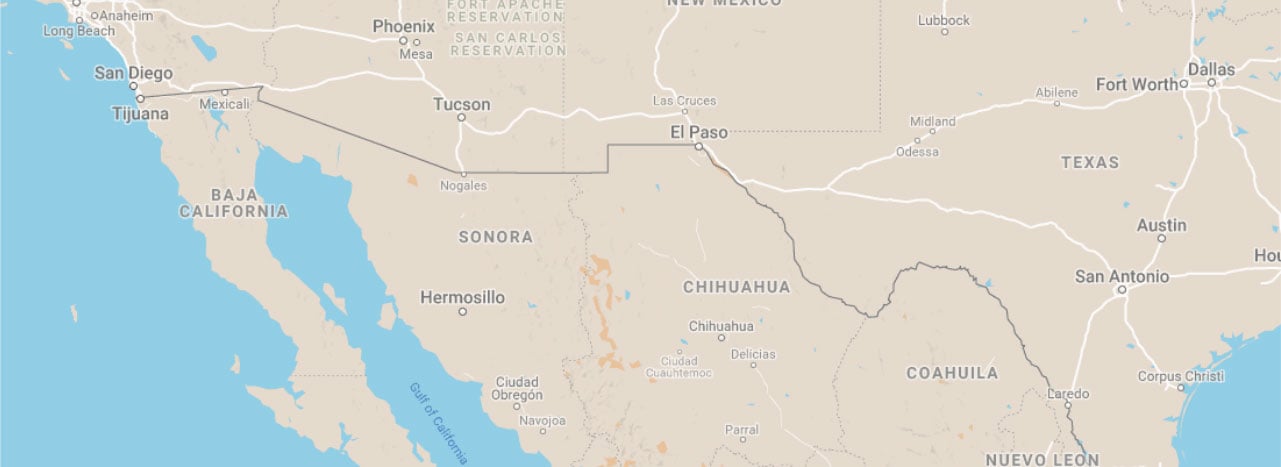Presidio, Texas, USA
Presidio, Texas, USARefinancing of Existing Debt for the City of Presidio, Texas
Project Status: Completed

General Information
Sector
Urban development
Sponsor
City of Presidio, Texas
Benefited population
3,900
Certification date
October 1, 2020
Financing
Project cost
US$1.38 million
NADBank Funds
US$1.35 million - ProRec loan
Related documents
Background
Presidio is an economically distressed community with an estimated poverty rate of 25.3% in 2017. In addition to agriculture, construction and retail sales, much of its economy is derived from cross-border activities with Ojinaga, Chihuahua, such as completing final product requirements for modular homes initially produced in Mexico and processing green chili grown in Mexico. The negative economic effects of the COVID-19 pandemic have placed additional stress on the community, primarily because of the closure of the international port of entry for non-essential purposes, which has reduced border crossings by 70%. At the end of 2019, the unemployment rate in the city was around 8.5%.
Description
The project is being financed through NADB’s ProRec facility, which is intended to support border communities experiencing economic, health and social impacts caused by the COVID-19 pandemic, while at the same time promoting continued environmental improvement in the U.S.-Mexico border region. Refinancing the existing debt of public entities whose mandate is aligned with the Bank’s mission will reduce debt service costs, freeing up funds to help them continue providing essential public services and lessening the potential need to raise taxes or other fees.
Objective
The purpose of the Project is to alleviate the liquidity position of the City by reducing its annual debt service obligations and freeing up funds to support the maintenance and operation of existing infrastructure and help the City continue to provide public services for the benefit of its residents. The refinancing is expected to reduce current debt service by roughly US$250,000 annually during the first two years of the NADB loan. These savings will benefit city residents, as they will also give the City more financial flexibility, lessening the need for fee or rate adjustments to support public services in the community.